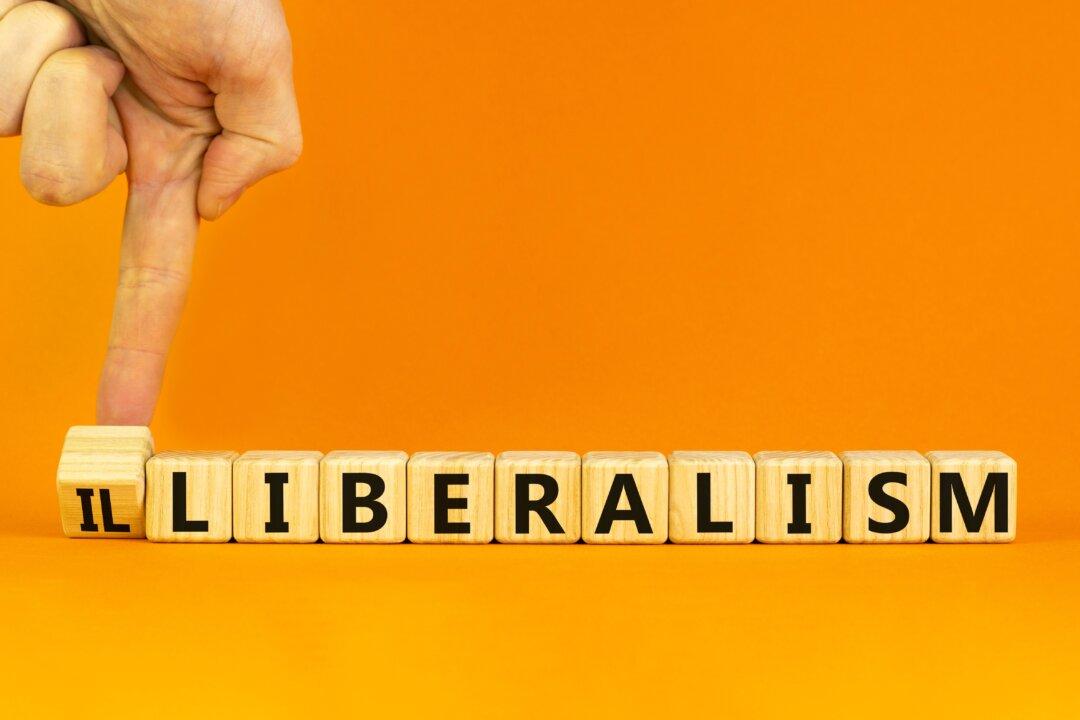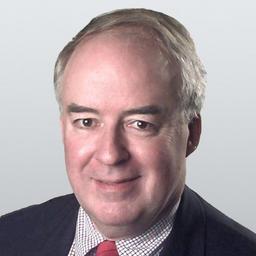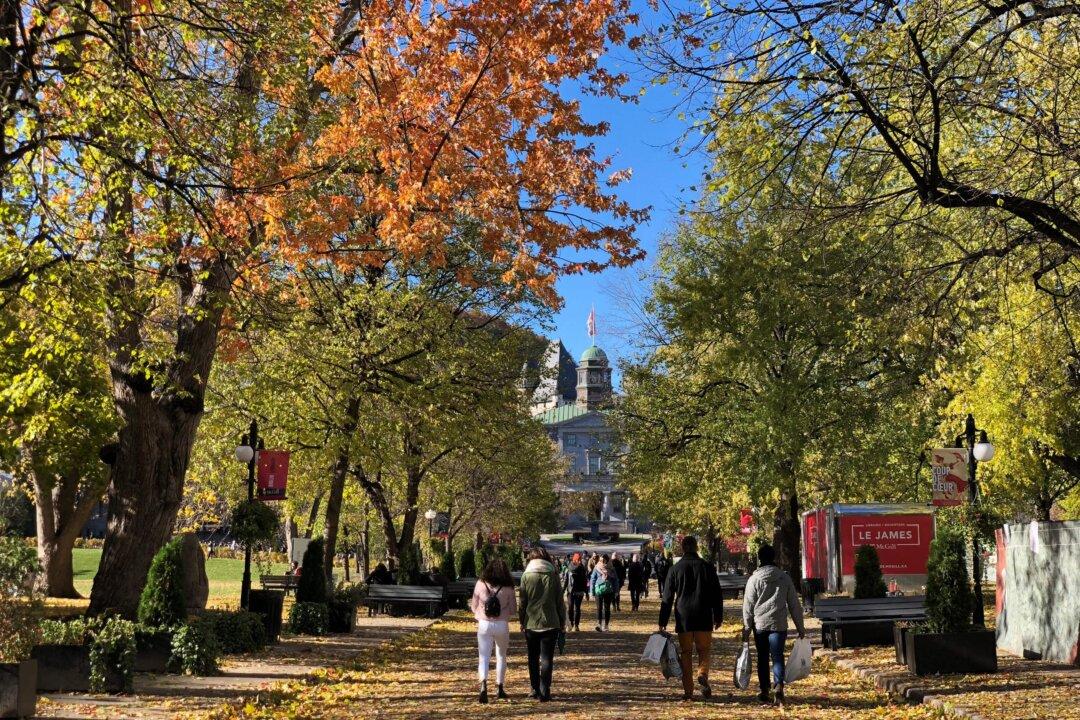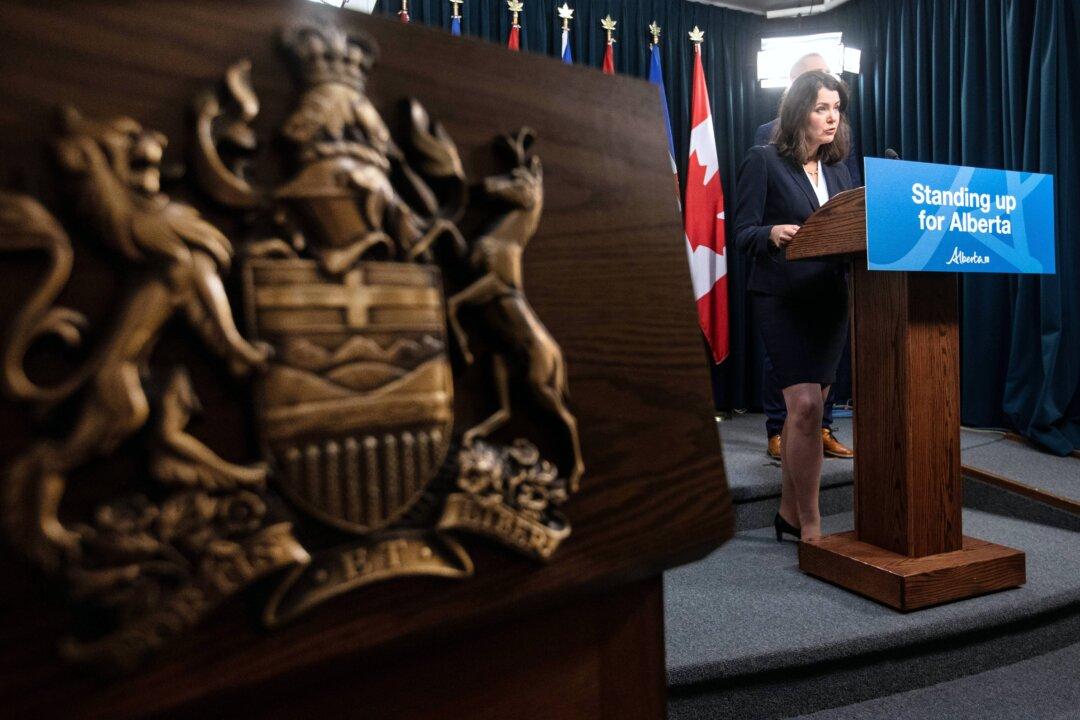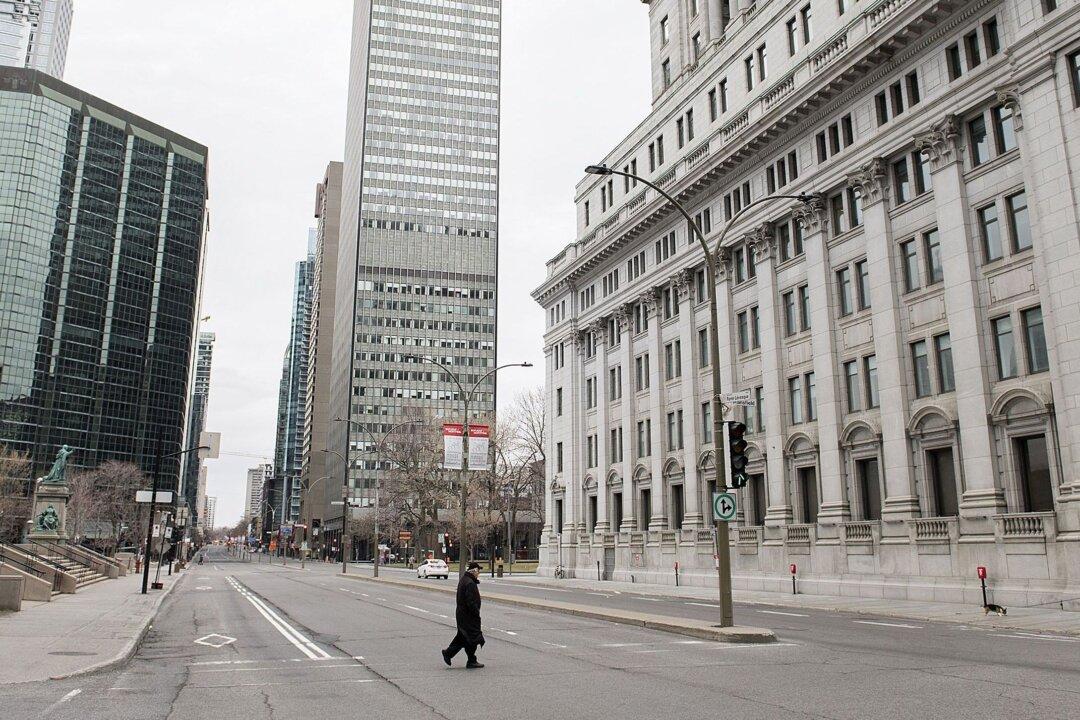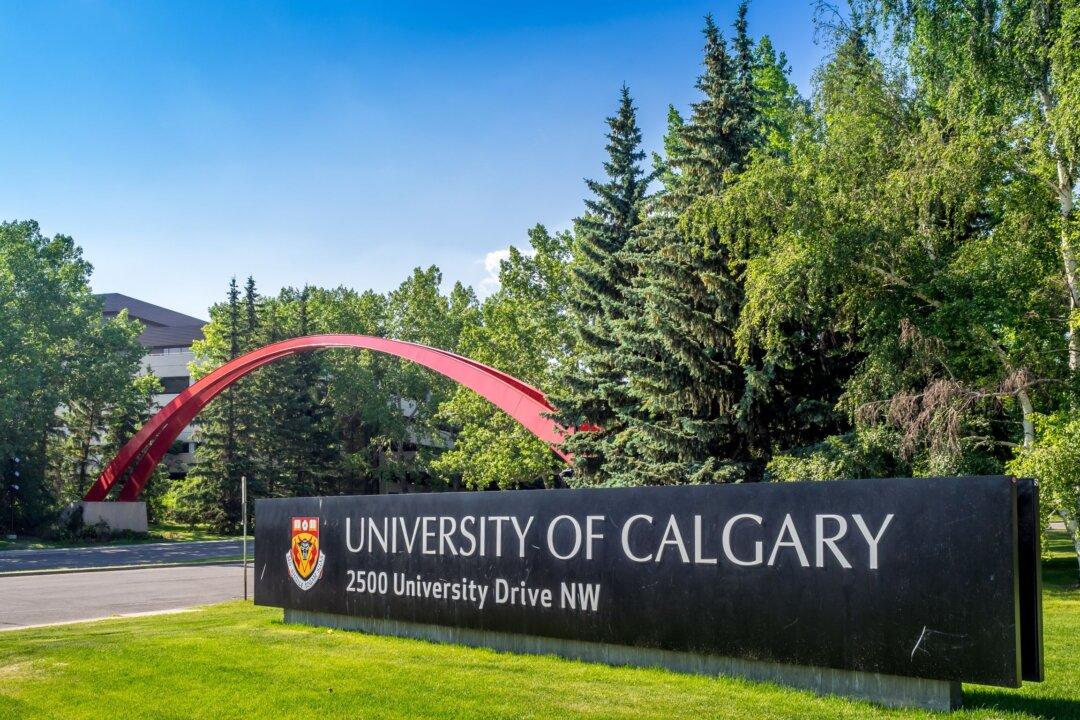Commentary
Peter MacKinnon is a lawyer, former law professor, a former Dean of Law at the University of Saskatchewan, and a senior fellow at the Aristotle Foundation among other accomplishments. He served as president of the University of Saskatchewan, and interim president at both Athabasca University and Dalhousie, resigning this last position in January 2020.
